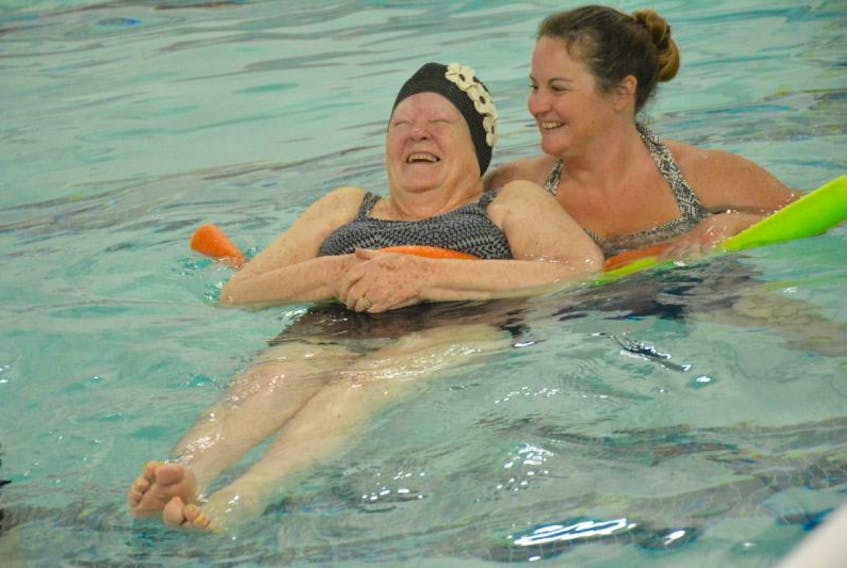With regard to the article “GETTING OLDER: Staying in the game” on Feb. 28, 2019, we would like to express our appreciation for bringing to light the importance of exercise in the senior population.
This topic is especially important here in Newfoundland which, as of 2016, has an elderly population of approximately 20 per cent. In our own experience as kinesiology students, we have often heard of how activity levels decrease drastically as an individual ages. With a growing senior population, it is crucial to address this issue and implement realistic strategies to increase physical activity.
As was addressed in the article, Dr. Susan Mercer advocates for seniors to participate in at least 30 minutes of moderate-to-vigorous physical activity per day. This recommendation corresponds to the Canadian Society for Exercise Physiologists (CSEP) guidelines, which advocates for 150 minutes of moderate-to-vigorous intensity exercise a week for seniors. Dr. Mercer also mentions that some balance training should also be added to their exercise program, which is also included in the CSEP guidelines. To further follow the CSEP recommendations, exercises that strengthen the muscle and bone should be added two days per week, such as light resistance training.
The World Health Organization (2008) states that falls account for 40 per cent of all injury deaths in senior populations. In Newfoundland, approximately $1.8 million per year is spent in health-care costs resulting from senior falls. In regards to Dr. Mercer’s recommendations, she explains how balance training can reduce the risk of falling for seniors. To improve upon this point, it is important to consider combining exercise types. For example, completing balance exercises in the water could create a low-risk environment for seniors to improve upon their stability.
According to Benelli et al. (2004), exercise that is performed in the water is less physically demanding than exercise of the same intensity that is performed on land. This type of exercise is beneficial for those experiencing joint pain, arthritis, or osteoporosis. However, it would be helpful to specify that deep water exercise is less impactful on joints, such as the knees, compared to shallow water fitness. This way, depending on physical capability, seniors can choose which exercise program would be best suited for them. Additionally, water fitness can provide an opportunity for seniors to safely and comfortably load their bones and joints, which has been shown to reduce osteoporotic symptoms.
Thank you for taking the time to read our response.
Kristen Pike and Sarah Mackey,
St. John’s
RELATED:









